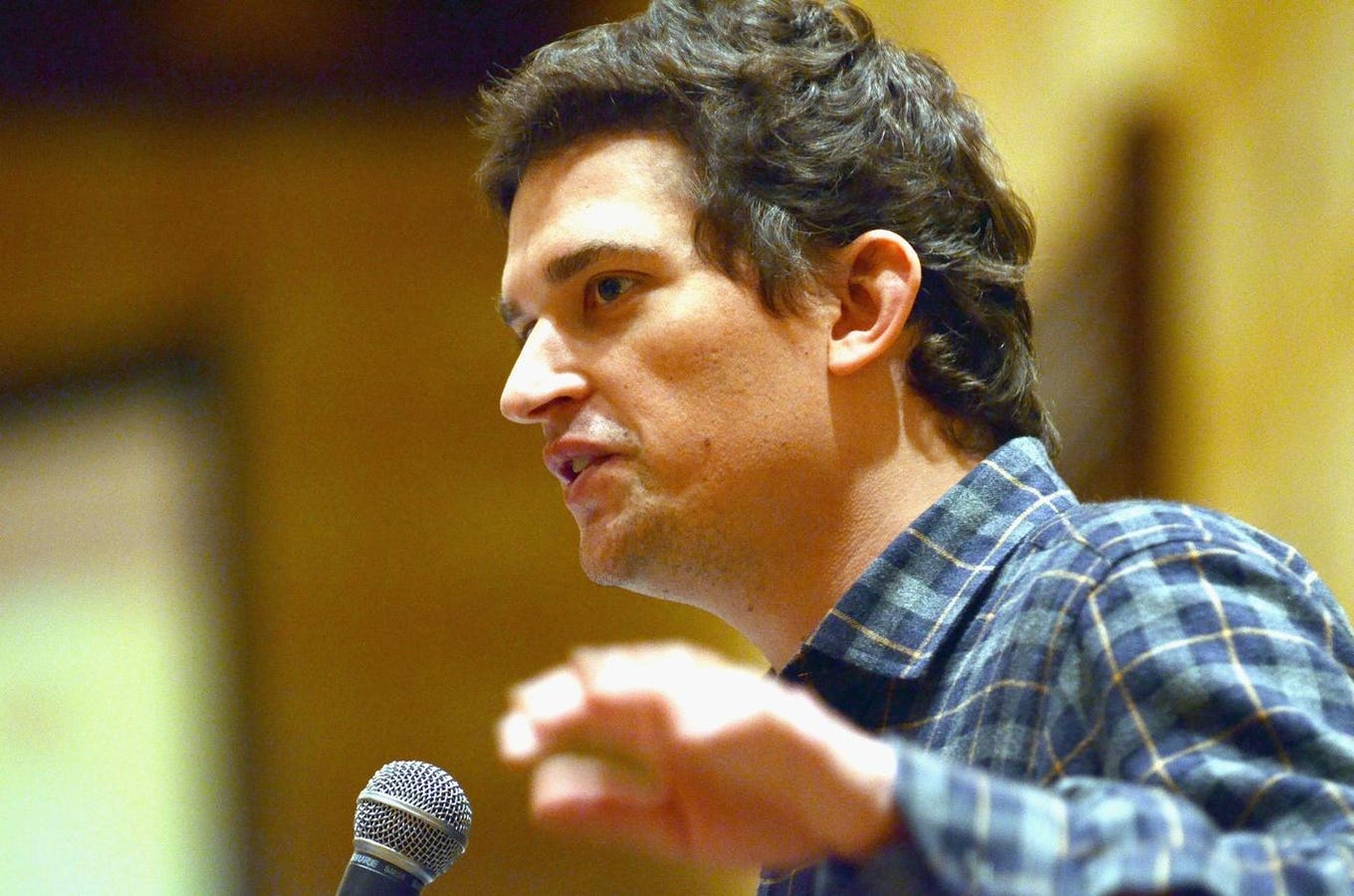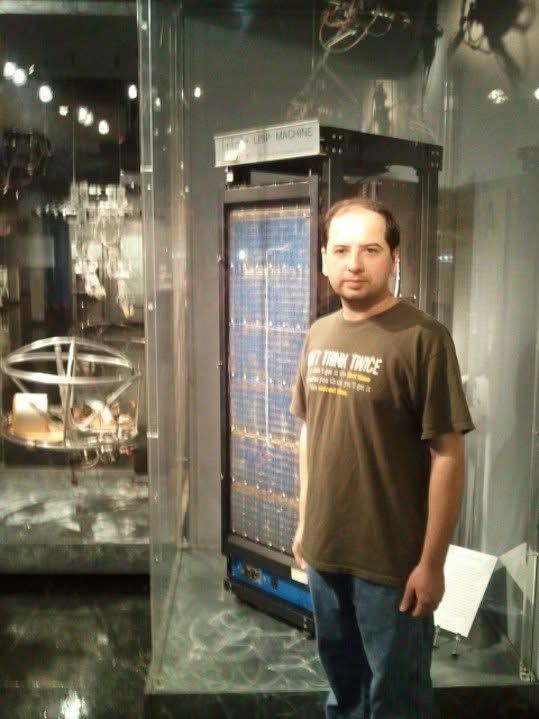Dalton Caldwell
getty
For two decades, Y Combinator has incubated some of the most successful companies in Silicon Valley, including Airbnb, Dropbox, Stripe and Coinbase. Now, as the storied institution faces ever-increasing competition from other investors, two partners are adding their names to a list of newcomers: Dalton Caldwell and Paul Buchheit, both long-tenured partners, are leaving the firm to start their own fund to nurture early stage companies, according to sources familiar with the project.
The fund, called Standard, will allow startups to apply and ask for specific funding amounts, according to a source familiar with the project. For example, the fund could write checks of $5 million or $10 million to startups in exchange for 10% equity, according to an email about the project sent to venture capitalists, which was viewed by Forbes. The size of the fund hasn’t been announced, but one source said it will be substantially north of $250 million. The fund will accept around 20 companies a year, divided into four batches, the email said. (By comparison, YC invests $500,000 for a 7% equity stake.) Y Combinator will be an investor in the new fund, and Bryan Berg, a software engineer at Stripe that works in the office of the CTO, will also join.
“I’ve had a front row seat to watching what’s happening in AI and how fast the companies are growing and how good the models are getting. And I think pretty much anyone right now should consider if they have a credible AI idea, starting an AI company,” Caldwell told Forbes when reached for comment. As YC’s longest-serving partner, he said he wanted to start something new.
YC didn’t immediately respond to a request for comment.
Caldwell and Buchheit both earned impressive bonafides as operators before transitioning to venture capital: Caldwell founded the music social network Imeem, which sold to MySpace in 2009. Buchheist, an early employee at Google, is known as the creator of Gmail, and is said to have suggested the company’s famous “Don’t be evil” motto. Buchheit, who started at YC in 2010, has advised Instacart, Coinbase and Twitch. Caldwell joined Y Combinator in 2013 as a part-time partner, before eventually rising to the firm’s managing partner of investments seven years later. In that time, he advised unicorns including DoorDash, credit card startup Brex and payroll company Deel.
Their departures from Y Combinator come after another high profile loss for the firm. In March, YC partner Michael Siebel, who served as CEO of the firm’s startup accelerator from 2016 to 2024, announced he was departing the company to focus on projects in government. “Michael’s impact at YC has been massive,” Y Combinator CEO Garry Tan wrote when he departed. “He’s been instrumental in shaping our program, our culture, and our values.”
Y Combinator, founded in 2005 by the investor Paul Graham, has built a sterling reputation for mentoring future unicorns — the company took its name from a computer science term for a program that runs other programs. But in the last several years, the firm has drawn criticism for its expanding scale: According to YC’s startup directory, in 2024 the program had 600 companies across its batches (though that’s down from its pandemic-era peak when more than 700 companies went through its ranks in 2021). “I’m hoping YC resembles a large and successful state university system as opposed to an Ivy League network,” Seibel said in 2020, noting that the firm wasn’t aiming to build “another ivory tower.”
Meanwhile, YC now faces additional opposition from newer rivals, like Neo, a firm founded by early Facebook investor Ali Partovi in 2017, and Sequoia’s Arc, an accelerator founded by the blueblood venture firm in 2022. According to an analysis by A*, an early stage venture firm, none of the AI unicorns founded after the creation of the transformer — a core technology underpinning this era of generative AI — have come out of Y Combinator.
The two will now use their decade-plus of experience at Y Combinator to mentor another slate of young founders.
“Am I working on the right thing? What do people want? How do I work with my cofounder? How do I get users? It’s basic stuff,” Caldwell told Forbes last year, explaining his approach to advising. “I’ve funded 1,000 companies. It’s like I’m a large language model that’s been trained on all this data.”








